Astrocytes
Recent articles
Astrocytes stabilize circuits in adult mouse brain
The glial cells secrete a protein that suppresses plasticity post-development.
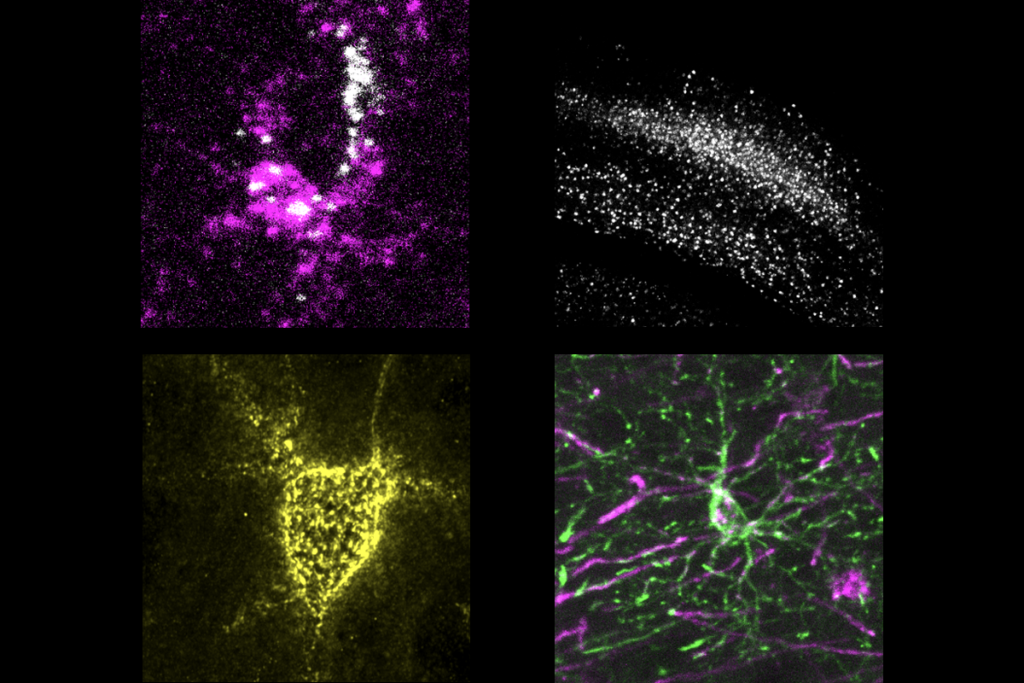
Astrocytes stabilize circuits in adult mouse brain
The glial cells secrete a protein that suppresses plasticity post-development.
The best of ‘this paper changed my life’ in 2025
From a study that upended astrocyte research to one that reignited the field of spiking neural networks, experts weighed in on the papers that significantly shaped how they think about and approach neuroscience.
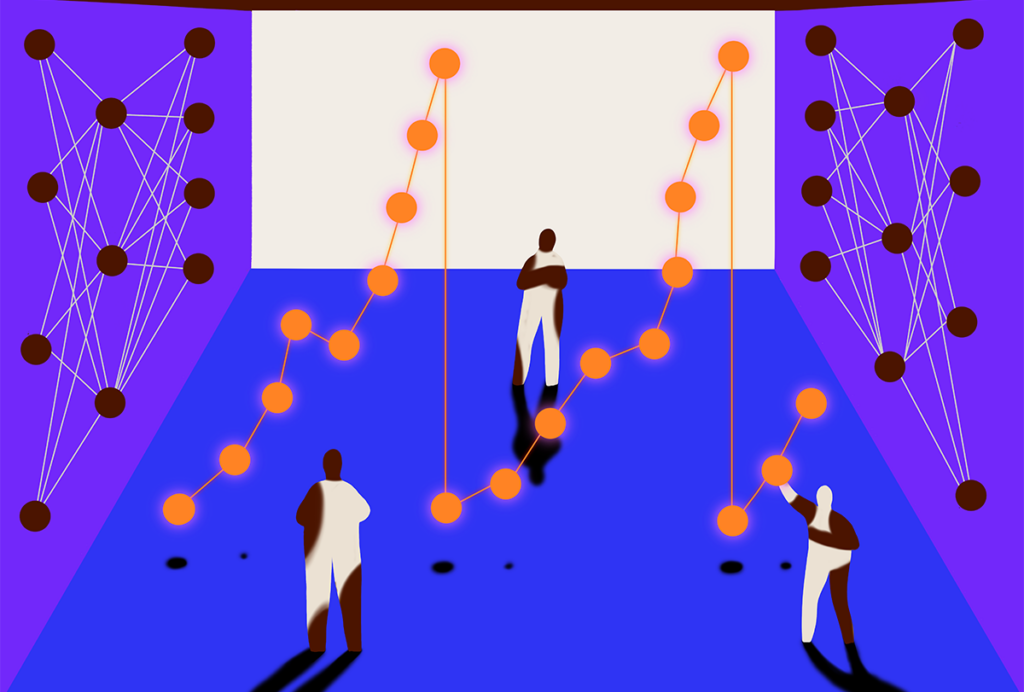
The best of ‘this paper changed my life’ in 2025
From a study that upended astrocyte research to one that reignited the field of spiking neural networks, experts weighed in on the papers that significantly shaped how they think about and approach neuroscience.
Talking shop: The Transmitter’s top quotes of 2025
Find out what “may be one of the brain’s most underappreciated superpowers” and why it’s so crucial to “talk about our research in our everyday lives.”
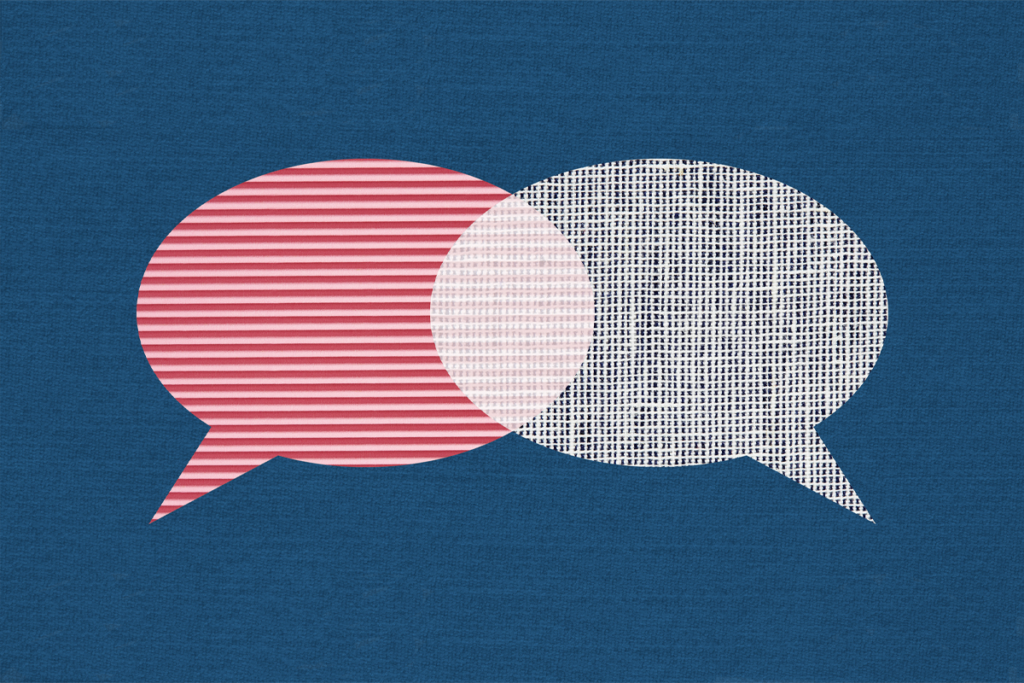
Talking shop: The Transmitter’s top quotes of 2025
Find out what “may be one of the brain’s most underappreciated superpowers” and why it’s so crucial to “talk about our research in our everyday lives.”
New organoid atlas unveils four neurodevelopmental signatures
The comprehensive resource details data on microcephaly, polymicrogyria, epilepsy and intellectual disability from 352 people.

New organoid atlas unveils four neurodevelopmental signatures
The comprehensive resource details data on microcephaly, polymicrogyria, epilepsy and intellectual disability from 352 people.
Engrams in amygdala lean on astrocytes to solidify memories
Disrupting the astrocyte-neuronal dynamic in mice destabilizes their memory of fear conditioning.
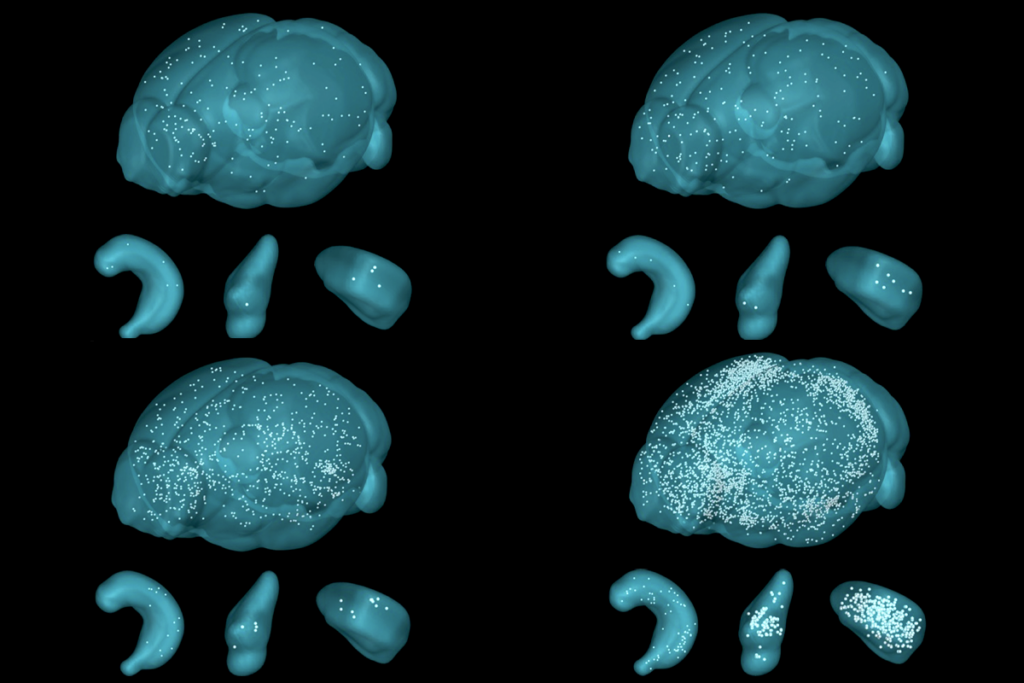
Engrams in amygdala lean on astrocytes to solidify memories
Disrupting the astrocyte-neuronal dynamic in mice destabilizes their memory of fear conditioning.
Astrocyte networks span large swaths of brain
The networks are plastic, connect brain regions that aren’t connected by neurons and may enable long-distance communication between astrocytes, a new preprint shows.
Astrocyte networks span large swaths of brain
The networks are plastic, connect brain regions that aren’t connected by neurons and may enable long-distance communication between astrocytes, a new preprint shows.
How to teach this paper: ‘Neurotoxic reactive astrocytes are induced by activated microglia,’ by Liddelow et al. (2017)
Shane Liddelow and his collaborators identified the factors that transform astrocytes from their helpful to harmful form. Their work is a great choice if you want to teach students about glial cell types, cell culture, gene expression or protein measurement.
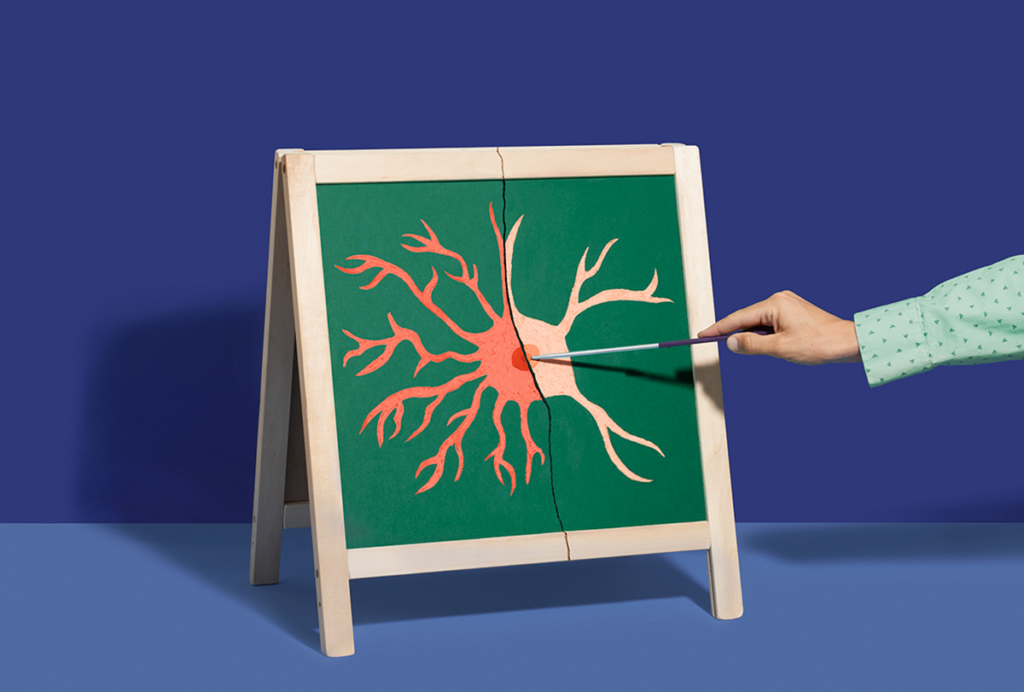
How to teach this paper: ‘Neurotoxic reactive astrocytes are induced by activated microglia,’ by Liddelow et al. (2017)
Shane Liddelow and his collaborators identified the factors that transform astrocytes from their helpful to harmful form. Their work is a great choice if you want to teach students about glial cell types, cell culture, gene expression or protein measurement.
Astrocytes sense neuromodulators to orchestrate neuronal activity and shape behavior
Astrocytes serve as crucial mediators of neuromodulatory processes previously attributed to direct communication between neurons, four new studies show.
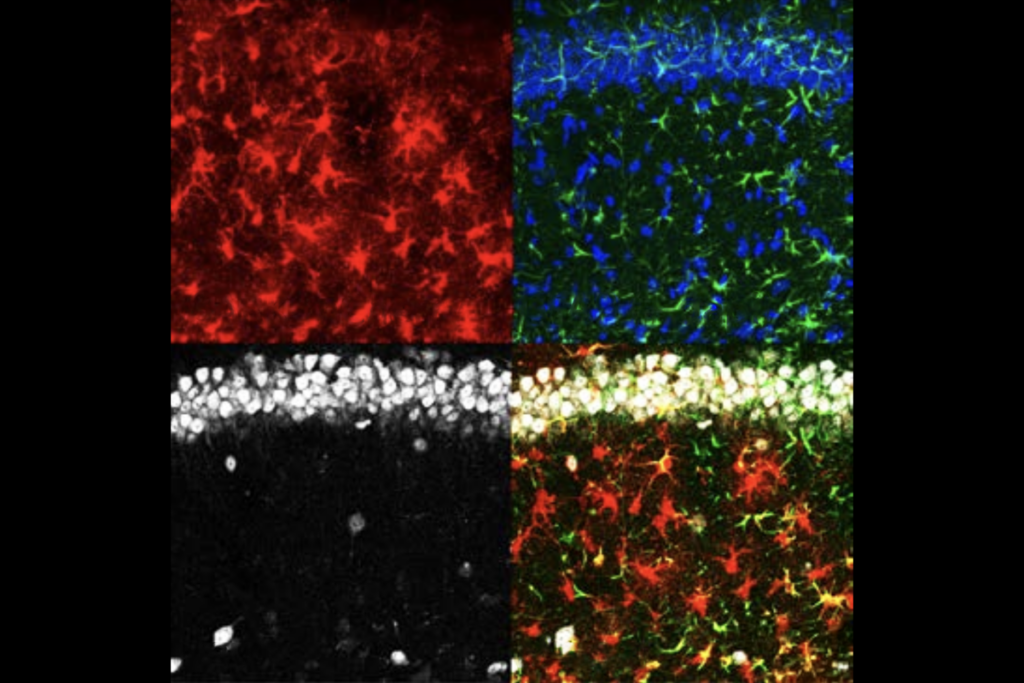
Astrocytes sense neuromodulators to orchestrate neuronal activity and shape behavior
Astrocytes serve as crucial mediators of neuromodulatory processes previously attributed to direct communication between neurons, four new studies show.
Null and Noteworthy: Reanalysis contradicts report of immune memory in astrocytes
The analysis, which has not yet been peer reviewed, attributes the finding to misidentified immune cells instead.
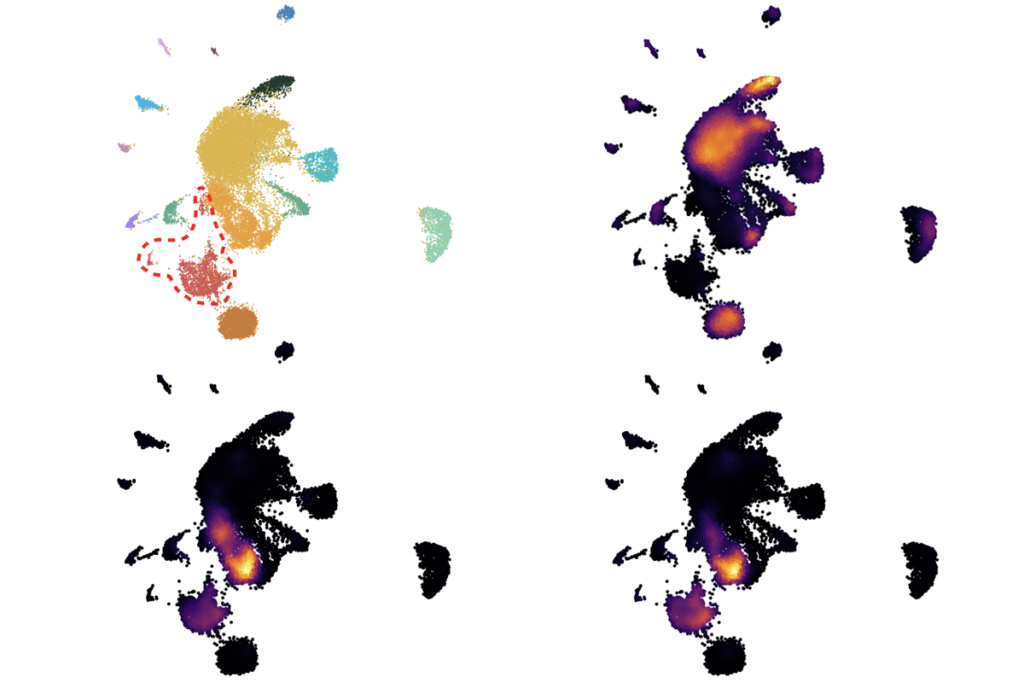
Null and Noteworthy: Reanalysis contradicts report of immune memory in astrocytes
The analysis, which has not yet been peer reviewed, attributes the finding to misidentified immune cells instead.
This paper changed my life: Shane Liddelow on two papers that upended astrocyte research
A game-changing cell culture method developed in Ben Barres’ lab completely transformed the way we study astrocytes and helped me build a career studying their reactive substates.

This paper changed my life: Shane Liddelow on two papers that upended astrocyte research
A game-changing cell culture method developed in Ben Barres’ lab completely transformed the way we study astrocytes and helped me build a career studying their reactive substates.
Explore more from The Transmitter
Sensory profiles in autism, and more
Here is a roundup of autism-related news and research spotted around the web for the week of 19 January.
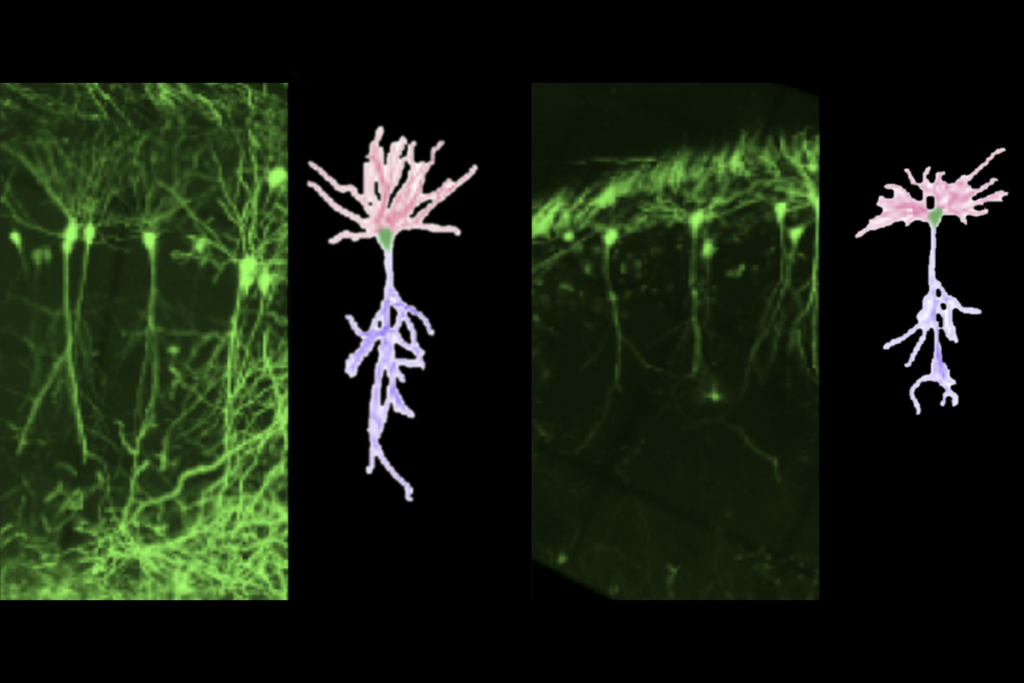
Sensory profiles in autism, and more
Here is a roundup of autism-related news and research spotted around the web for the week of 19 January.
Frameshift: At a biotech firm, Ubadah Sabbagh embraces the expansive world outside academia
As chief of staff at Arcadia, Ubadah Sabbagh gets to do science while also pushing the boundaries of how science gets done.
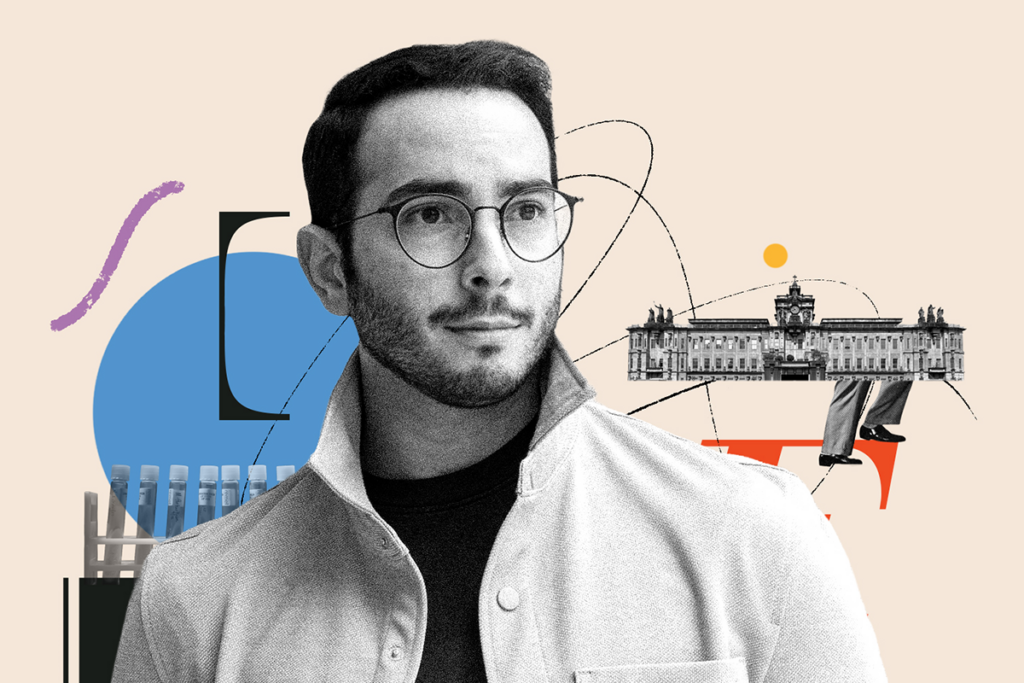
Frameshift: At a biotech firm, Ubadah Sabbagh embraces the expansive world outside academia
As chief of staff at Arcadia, Ubadah Sabbagh gets to do science while also pushing the boundaries of how science gets done.
How to collaborate with AI
To make the best use of LLMs in research, turn your scientific question into a set of concrete, checkable proposals, wire up an automatic scoring loop, and let the AI iterate.
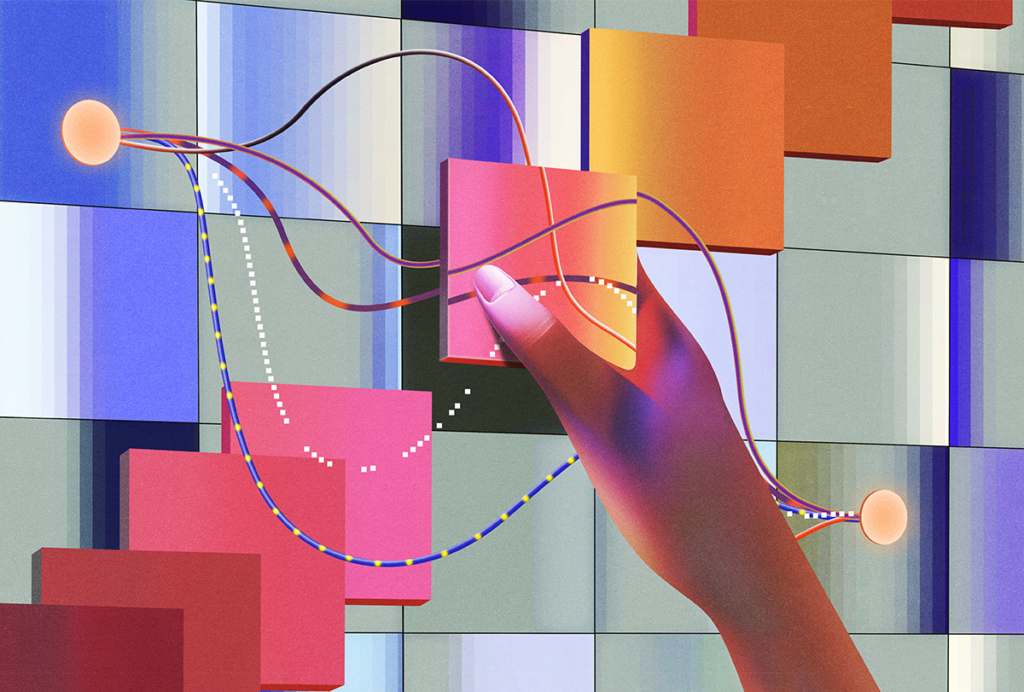
How to collaborate with AI
To make the best use of LLMs in research, turn your scientific question into a set of concrete, checkable proposals, wire up an automatic scoring loop, and let the AI iterate.